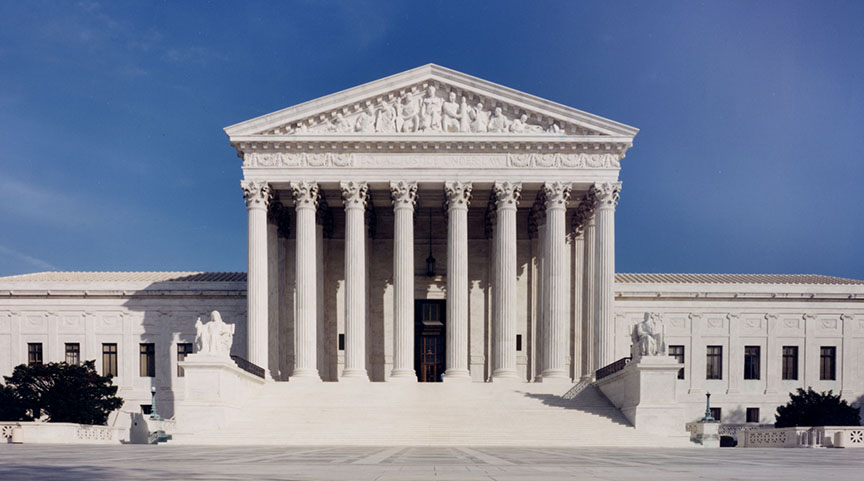
Michelle Berger is a student at Harvard Law School.
In today’s News and Commentary: The Supreme Court heard oral arguments on overturning Chevron and a recent NLRB complaint alleges widespread refusal to bargain in good faith by Starbucks.
The Justices heard oral arguments yesterday in Loper Bright Enteprises v. Raimondo. In Loper, the Court is considering whether to overturn Chevron‘s holding that courts should defer to reasonable agency interpretations of ambiguous statutes. Court observers, such as those at SCOTUSblog and the New York Times, tentatively predict that the Court will vote to overturn Chevron, though Chief Justice Roberts’ and Justice Barrett’s votes are not certain. The conservative Justices’ rationales for disliking Chevron vary (Justice Gorsuch, for example, seemed to distance himself from Justice Kavanaugh’s pro-business line of questioning by shifting focus to Chevron‘s impact on the civil liberties of individual litigants). The liberal Justices appeared united in the belief that Chevron deference is a bedrock judicial precedent that keeps decision-making in the hands of politically accountable experts, and out of the hands of judges. The Court consolidated Loper with another case, Relentless Inc. v. Department of Commerce, possibly because Justice Jackson recused herself from Loper. The consolidation gives the Court the added legitimacy of a decision by all nine Justices, should the court vote to overturn precedent. Jason discussed the potential labor law implications of a post-Chevron doctrine here.
The NLRB regional director in Florida filed a massive complaint last week against Starbucks. The complaint alleges that Starbucks has violated the NLRA by failing to bargain in good faith at the nearly 400 unionized Starbucks locations (Starbucks operates just shy of 9,000 stores in the United States, NPR reported in 2021). Starbucks baristas in Buffalo, NY, became the first in the company to unionize more than two years ago, in December of 2021. The organizing effort in Starbucks has been hailed as part of an energetic labor resurgence. Yet none of Starbucks’ unionized stores have a contract. On average, it takes 458 days for unions and employers to ratify a first contract — a number that has been rising for years as employers, perhaps embolden by the NLRB’s weak remedial powers, deploy union avoidance tactics even after their employees have exercised their right to chose a union. This is a stark reminder of how broken labor law is.






Daily News & Commentary
Start your day with our roundup of the latest labor developments. See all
January 28
Over 15,000 New York City nurses continue to strike with support from Mayor Mamdani; a judge grants a preliminary injunction that prevents DHS from ending family reunification parole programs for thousands of family members of U.S. citizens and green-card holders; and decisions in SDNY address whether employees may receive accommodations for telework due to potential exposure to COVID-19 when essential functions cannot be completed at home.
January 27
NYC's new delivery-app tipping law takes effect; 31,000 Kaiser Permanente nurses and healthcare workers go on strike; the NJ Appellate Division revives Atlantic City casino workers’ lawsuit challenging the state’s casino smoking exemption.
January 26
Unions mourn Alex Pretti, EEOC concentrates power, courts decide reach of EFAA.
January 25
Uber and Lyft face class actions against “women preference” matching, Virginia home healthcare workers push for a collective bargaining bill, and the NLRB launches a new intake protocol.
January 22
Hyundai’s labor union warns against the introduction of humanoid robots; Oregon and California trades unions take different paths to advocate for union jobs.
January 20
In today’s news and commentary, SEIU advocates for a wealth tax, the DOL gets a budget increase, and the NLRB struggles with its workforce. The SEIU United Healthcare Workers West is advancing a California ballot initiative to impose a one-time 5% tax on personal wealth above $1 billion, aiming to raise funds for the state’s […]